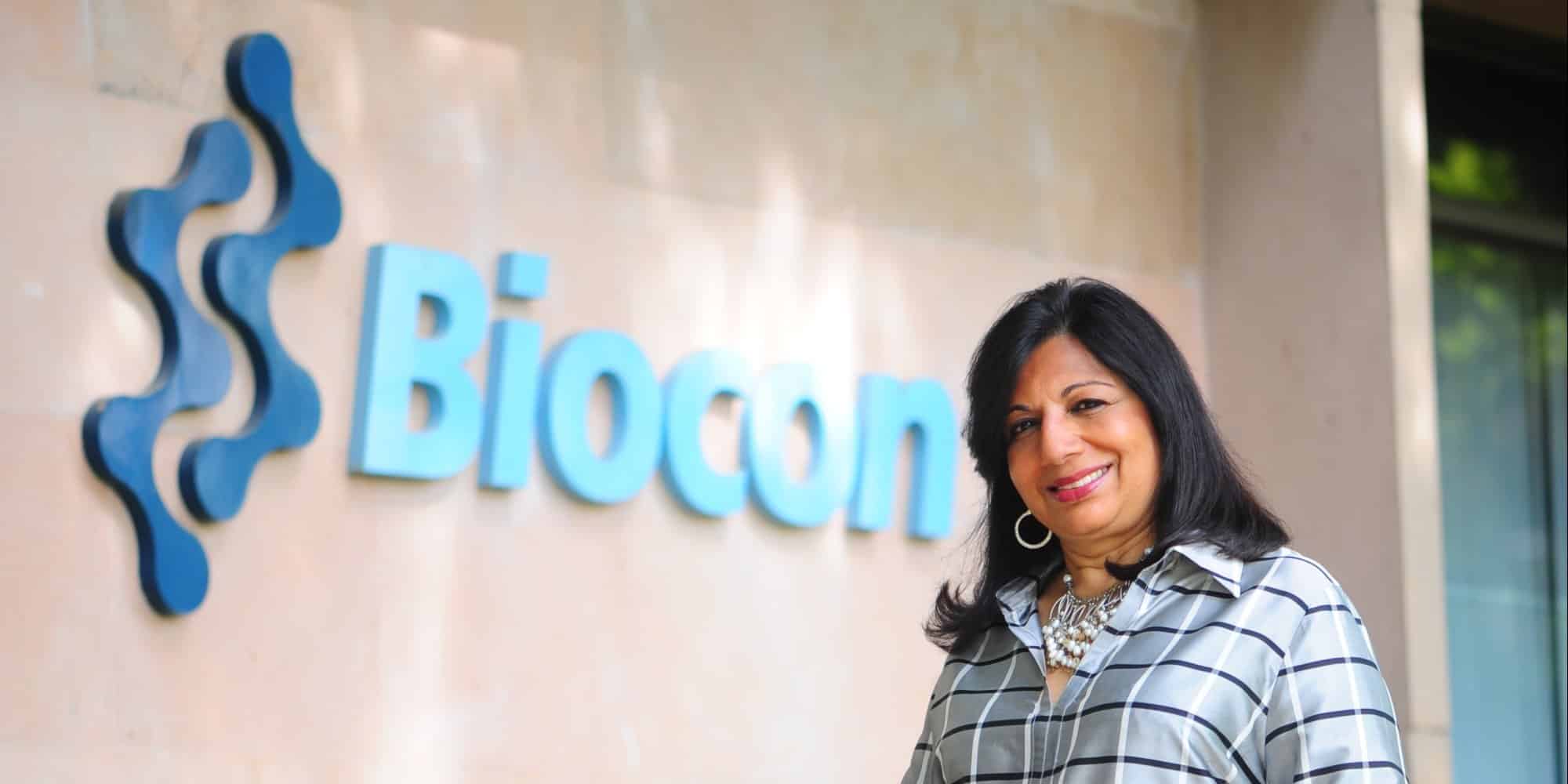Biocon/Mylan Neulasta Biosimilar Issued CRL From USFDA
Bangalore-based drugmaker, Biocon and the U.K.-headquartered health care company, Mylan have been issued a complete response letter by the Food and Drug Administration (FDA) citing manufacturing plant deficiencies, in its rejection of their biosimilar pegfilgrastim application.
Announced on October 10, this is the second biosimilar from Indian manufacturer Biocon that has been detoured by manufacturing plant problems. Its Bangalore plant, where the partners’ biosimilar trastuzumab was to be manufactured, was also cited earlier this year. Biocon said the CRL addressed chemistry, manufacturing and controls (CMC) data concerning requalification of a facility after modifications, and did not pertain to the product’s biosimilarity, pharmacokinetics, clinical data or immunogenicity. Following an FDA inspection earlier this year, the agency recommended actions to address issues with Biocon’s drug product and drug product manufacturing facility in Bangalore.
“The CRL did not raise any questions on biosimilarity, pharmacokinetic/pharmacodynamic data, clinical data or immunogenicity. We do not expect this CRL to impact the commercial launch timing of biosimilar pegfilgrastim in the US. We are committed to working with the agency to resolve the issues stated in the CRL expeditiously,” Biocon said.
Pegfilgrastim is a long-acting version of filgrastim; while biosimilars of filgrastim
are approved in the United States and in the European Union, to date, no biosimilar developer had been successful in gaining regulatory clearance in either region for the more complex long-acting drug. One of the challenges of developing pegfilgrastim has been the presence of the polyethylene glycol (PEG) molecule, which is bonded to filgrastim and slows the rate at which the drug is metabolized.It is another piece of bad news for Biocon and Mylan, which are having trouble getting their biosimilars approved. It is, however, a big break for Amgen, which is facing a barrage of biosimilar attacks on its aging portfolio of top-selling drugs. Last summer the FDA issued Novartis a CRL for the copy of Neulasta that its Sandoz unit had developed. Neulasta netted $4.72 billion in sales last year, with $3.89 billion of that coming in the U.S.
Biocon–Mylan had previously withdrawn an application for the same drug from the European Medicines Agency (EMA) after a French National Agency for Medicines and Health Products Safety (ANSM) inspection that found 35 deficiencies—11 of them major—in Biocon’s manufacturing practices at its Bangalore manufacturing plant. While the companies plan to resubmit their application to the EMA after a re-inspection of the facility, they have not issued a statement as to when they plan to resubmit a Biologics License Application for the drug to the FDA.
Biocon has been making changes in its CMC processes after the FDA this spring criticized the Bangalore plant in an eight-page, 10-observation Form 483. An inspection found problems across the entire range of processes, including in aseptic processing and filling, environmental monitoring, data recording, cleaning procedures and even in its processes for buying sterile gloves for employees.
On 31 August, the US FDA had extended target action date for Biocon and Mylan’s biosimilar trastuzumab application to 3 December in order to review some information submitted to the agency. Target action dates are the FDA’s internal deadlines for action on all applications.



























